104 years of Jallianwala Bagh massacre !
It is a reminder of the importance of standing up against injustice and oppression, and of the need for empathy and compassion towards all humanity.
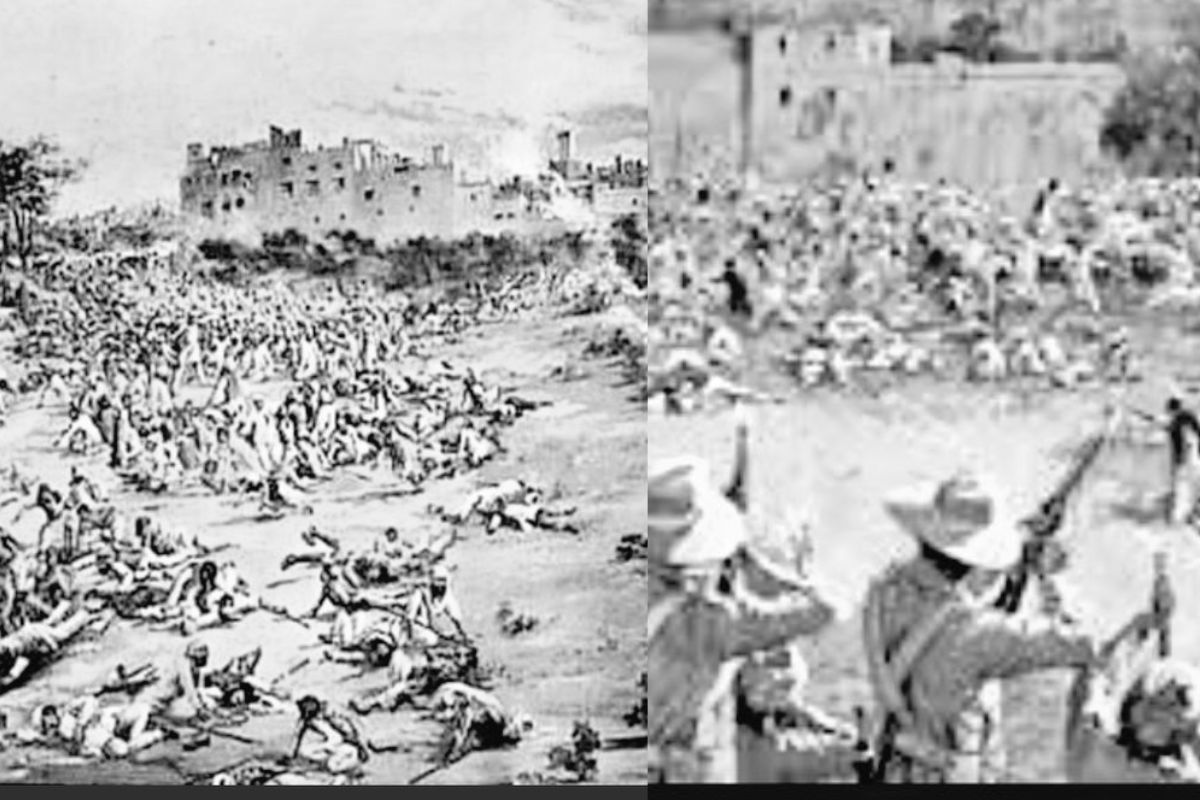
It is a reminder of the importance of standing up against injustice and oppression, and of the need for empathy and compassion towards all humanity.
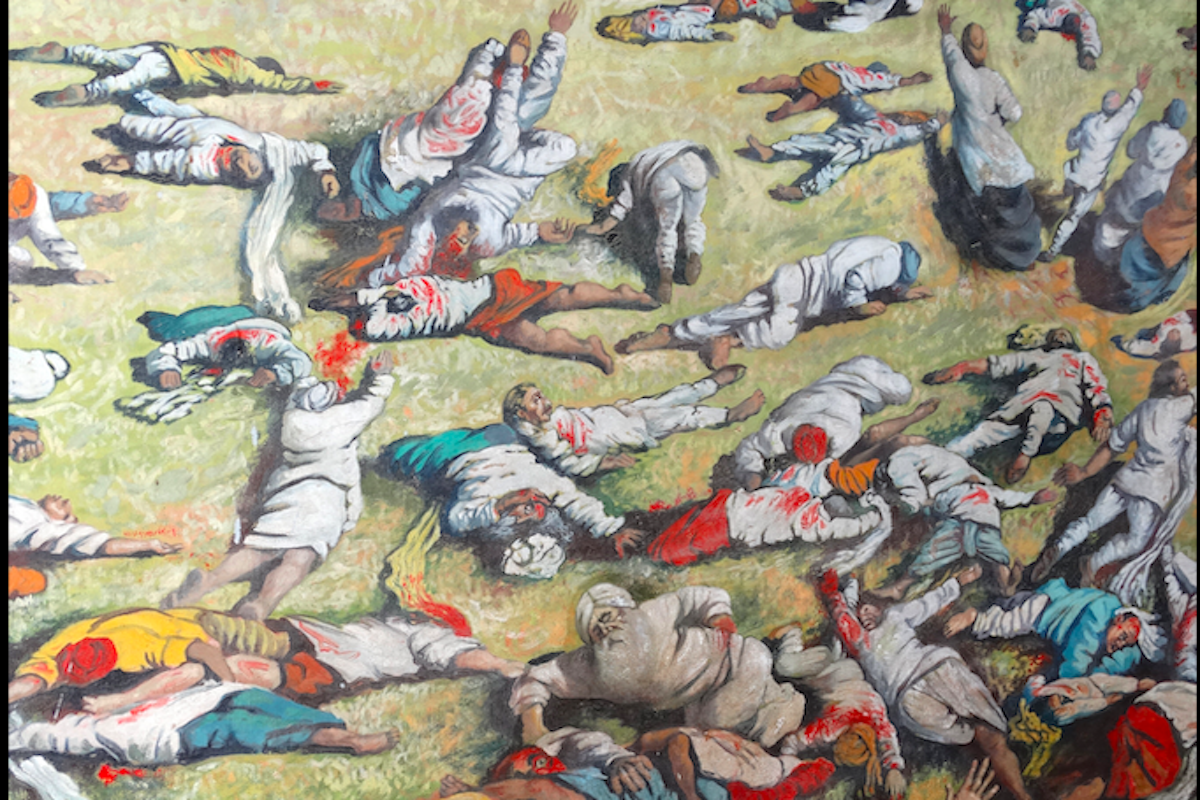
On Sunday afternoon, 13 April 1919, many villagers gathered in the Bagh to celebrate the important Sikh festival of Baisakhi, and peacefully protest the arrest and deportation of two national leaders, Satyapal and Saifuddin Kitchlew.
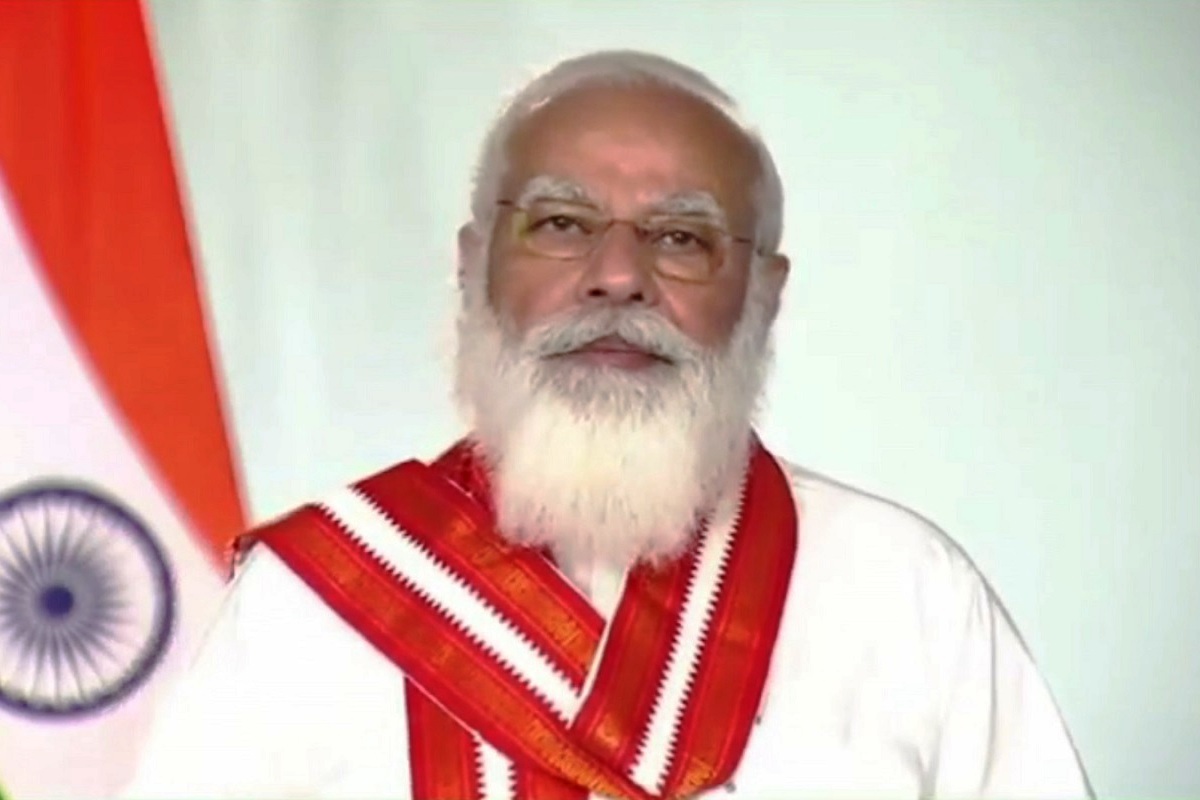
He tweeted, “Over the next few days, people across India are going to be marking various festivals. These festivals showcase India’s diversity and the spirit of ‘Ek Bharat, Shreshtha Bharat.’ May these special occasions spread happiness, prosperity and brotherhood across the nation.”
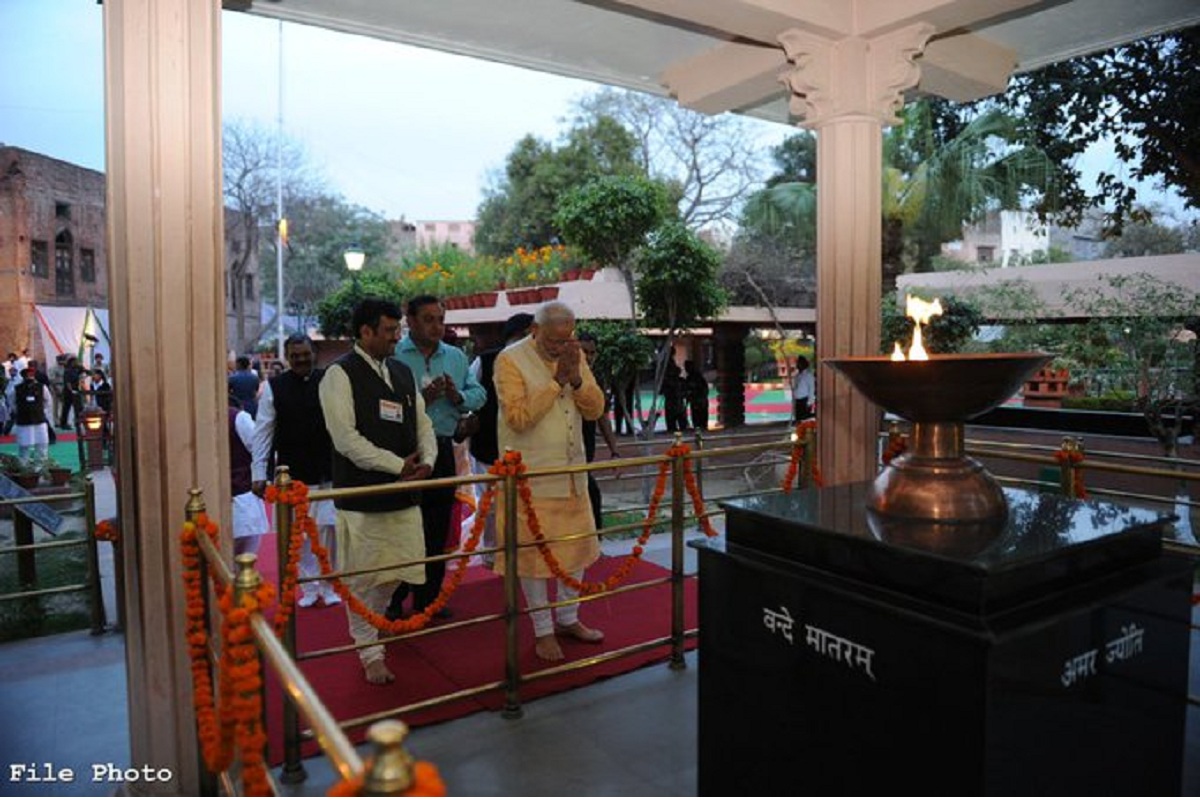
“I bow to those martyrs who were killed mercilessly in Jallianwala Bagh on this day. We will never forget their courage and sacrifice. Their valour will inspire Indians for the years to come,” the Prime Minister said.
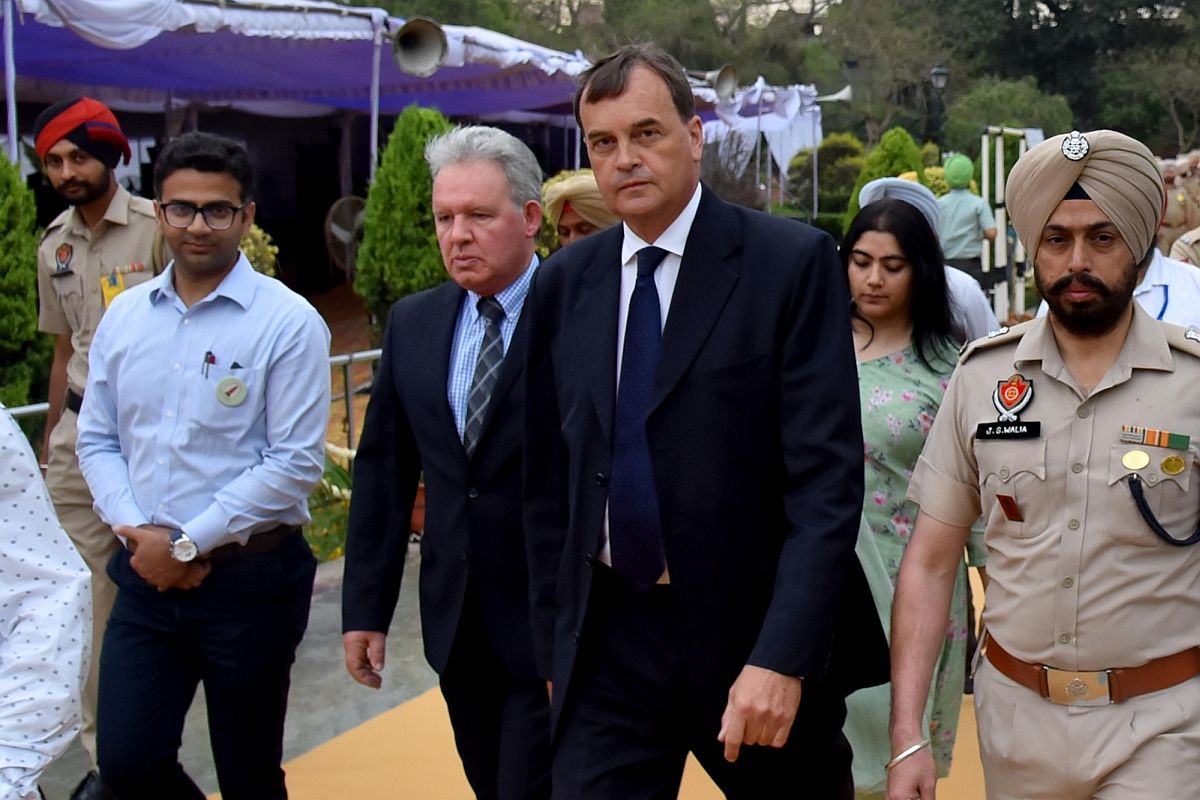
Earlier in the day, President Ram Nath Kovind, Prime Minister Narendra and several other leaders paid tributes to the martyrs of the massacre.
Earlier this week, British Prime Minister Theresa May had said that 'the tragedy of Jallianwala Bagh of 1919 is a shameful scar on British Indian history.'
Britain has since expressed regret over the incident counted as one of the worst atrocities carried out by its empire, and called it "shameful", but hasn't offered an apology yet
UK Prime Minister Theresa May expresses regret, reiterating what Queen Elizabeth II said in 1997, but offers no formal apology
First part of the show commissioned by the Punjab government was aired on 6 April, concluding part will be telecast on 13 April
It's a tragic irony of history that the people of Sylhet and other parts of East Bengal who moved to Assam after 1947 are now required to prove their identity as Indians in independent India.